Disclaimer: The following article contains spoilers from Bulbbul.
Tripti Dimri, Avinash Tiwary, and Rahul Bose starrer Bulbbul released recently on Netflix. While I’m no connoisseur of horror, I do love a good mystery. And, despite a predictable storyline, Anvita’s Dutt’s directorial debut ticks all the right boxes and had me completely hooked.

Here’s why Bulbbul should be your mid-week watch:
1. A predictable but relevant storyline that takes a long, hard look at toxic masculinity.
Bulbbul succinctly highlights how toxic masculinity does not manifest in violent gestures alone, as exhibited by the Thakur twins (Rahul Bose).
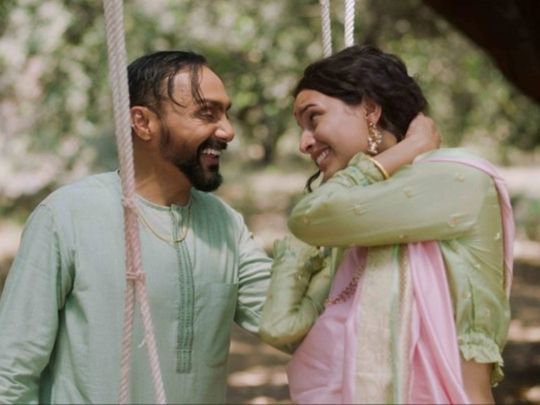
It’s also in the perceptions that drive men to believe they own the women in their lives, and the misconceptions that men live with, where they presume to know more about a woman’s temperament and behavior than the woman herself.
Like Satya (Avinash Tiwary), who is convinced that Bulbbul has wronged her husband, or that women can’t be driven to the kind of murderous tendencies wreaking havoc in the town.
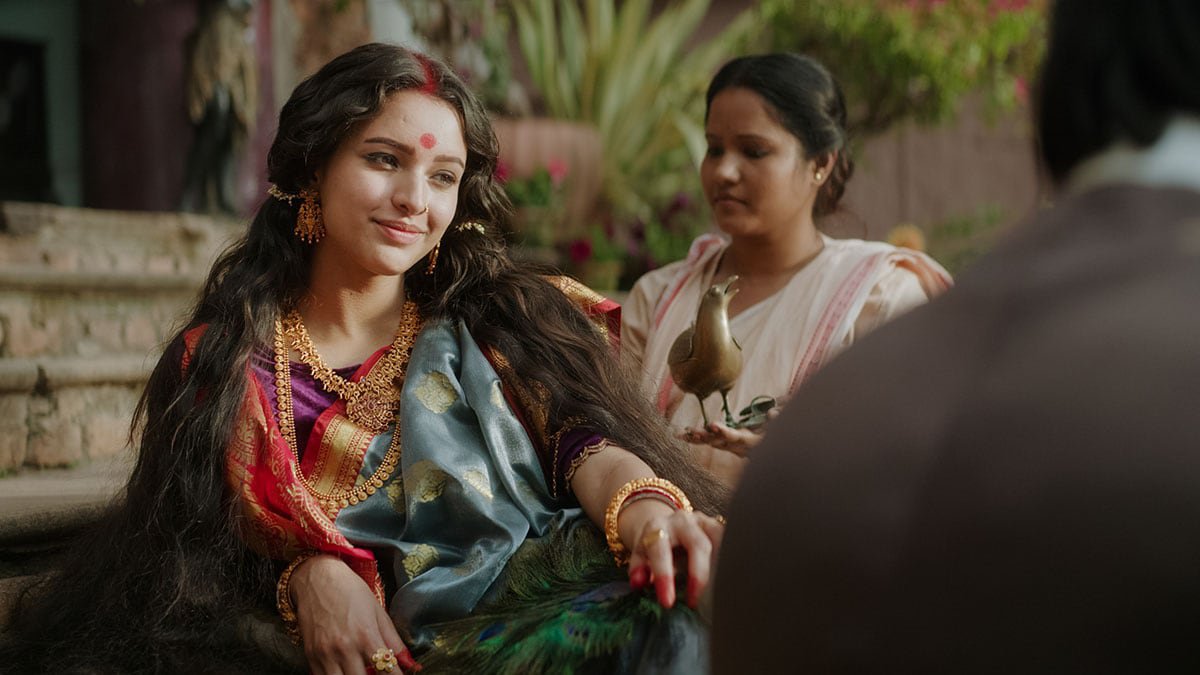
Take away the havelis and the abundant forests, and Bulbbul could be a story that would fit right into the 21st century. And that’s the real tragedy.
2. Tripti Dimri’s brilliant performance, ably supported by the entire starcast.
In just her second film, Tripti Dimri’s acting prowess is on complete display as she convinces you that it’s not the demons but the society that is the true evil. Her beguiling innocence in the flashback scenes stands in complete contrast to her assured confidence, as she rules the haveli. And she is flawless in both scenarios.
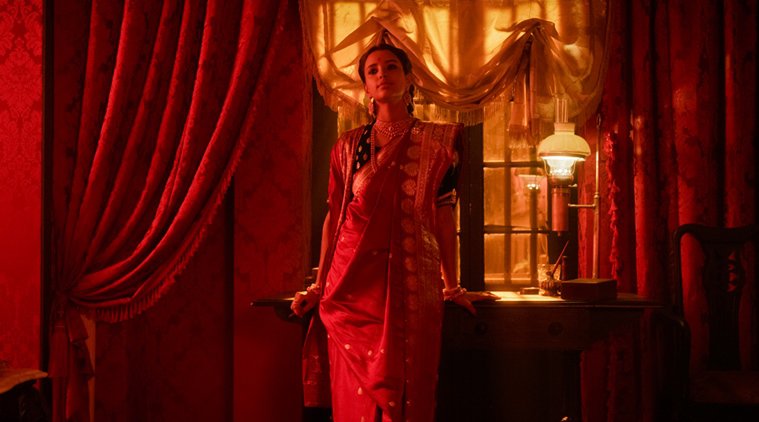
Hating Rahul Bose comes naturally, which ultimately, is the true win for any actor playing the antagonist. And Parambrata Chattopadhyay is one good character away from taking a firm place in my heart as the proverbial nice guy. Avinash Tiwary, who has returned to horror for a second time, delivers a memorable performance as well.
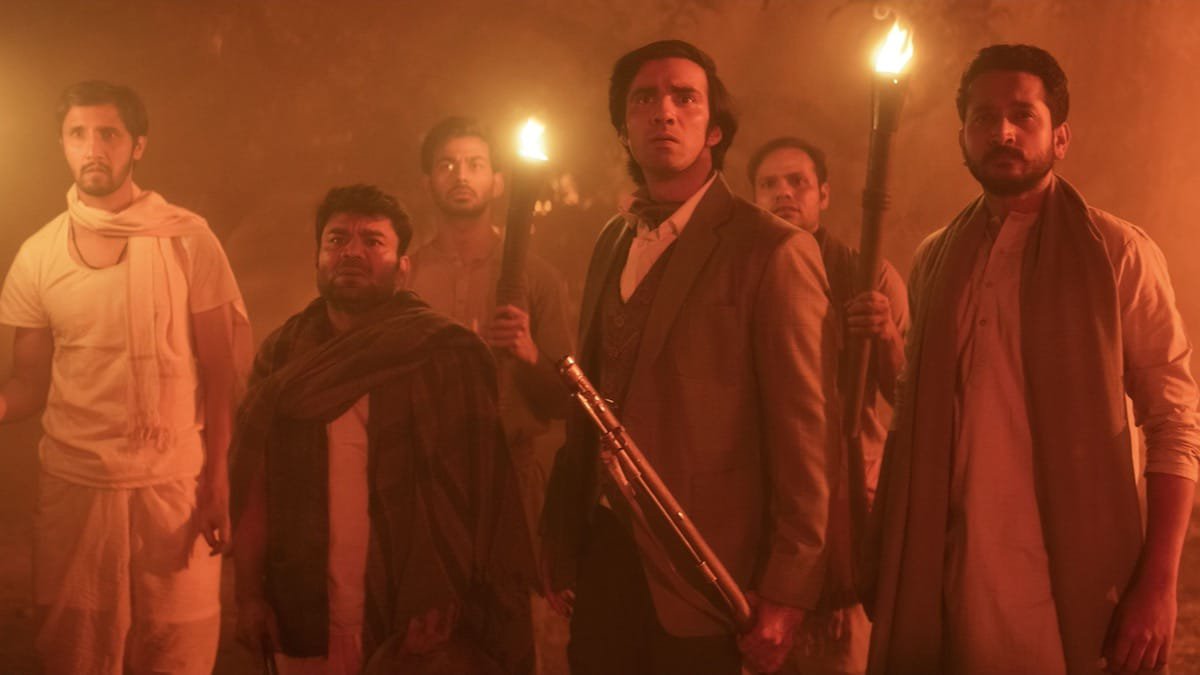
3. A hauntingly powerful background score.
Amit Trivedi builds a background score that is the perfect melancholic strain to accompany a young woman’s traumatic journey, where even empowerment comes at a painful cost.
4. The clever use of symbolism.
The cinematography remains painted with pink, hinting at a town literally painted red with blood. A young girl is told the toe ring she wears is a way to control her. A girl viewed as a doll, quite literally, to be played with as a man may deem fit. These are just a few instances of symbolism that allow even a predictable story to hook your attention.
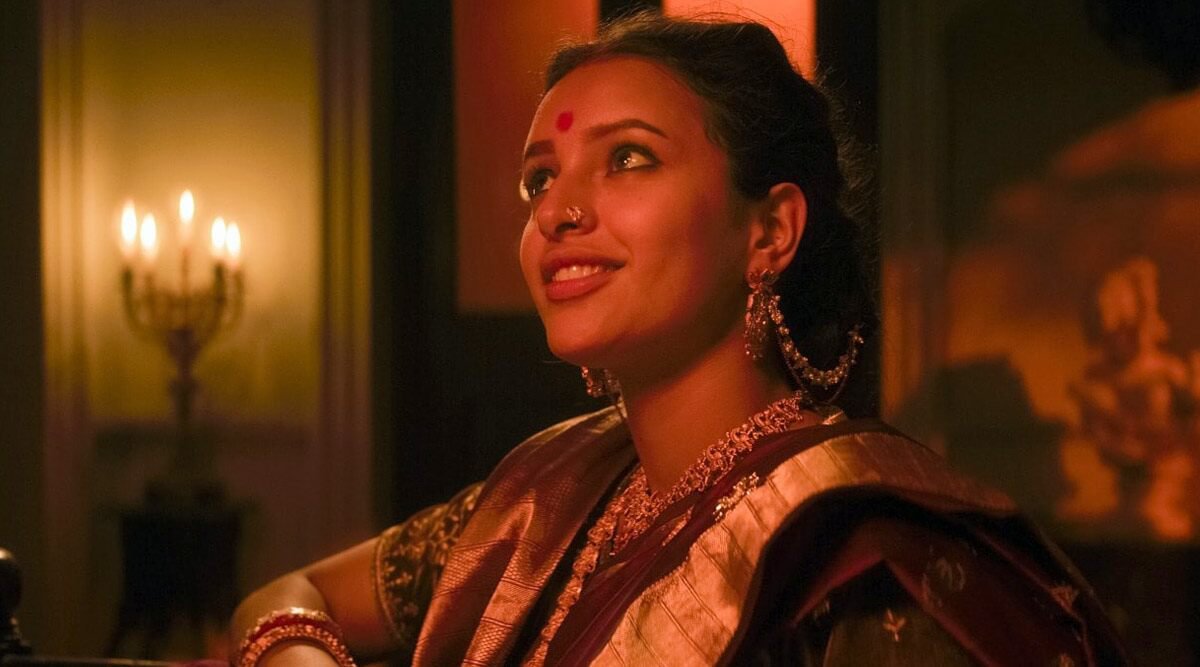
5. A mainstream horror film that finally, moves away from North India, and steeps deep into the Bengali culture.
Much like Piku became an intimate portrayal of the Bengal of today, Bulbbul takes us to the ancient havelis, hunting trips, paan boxes, and traditions of years gone. However, finally, we move away from North India to a town steeped in Bengali culture, reminding us that India’s folklore is as varied as its dialects, languages, and cultures.
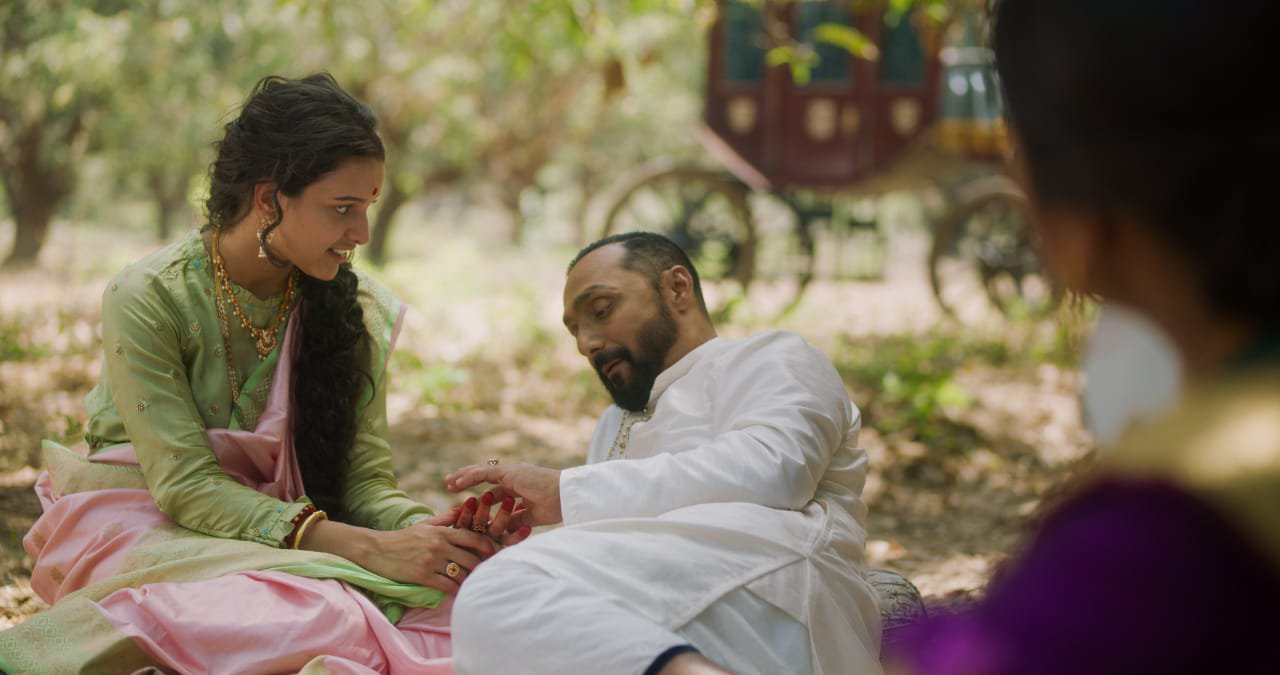
6. A film that questions the limited, patriarchal roles that society stifles women into.
Bulbbul is the story of a young girl, married to a man twice her age in child marriage, forced to grow up in a strange household, and then separated from the only companion she has ever known. Subjected to unspeakable torture, her very spirit breaks, until her anger and trauma lead to a rebirth, quite literally.
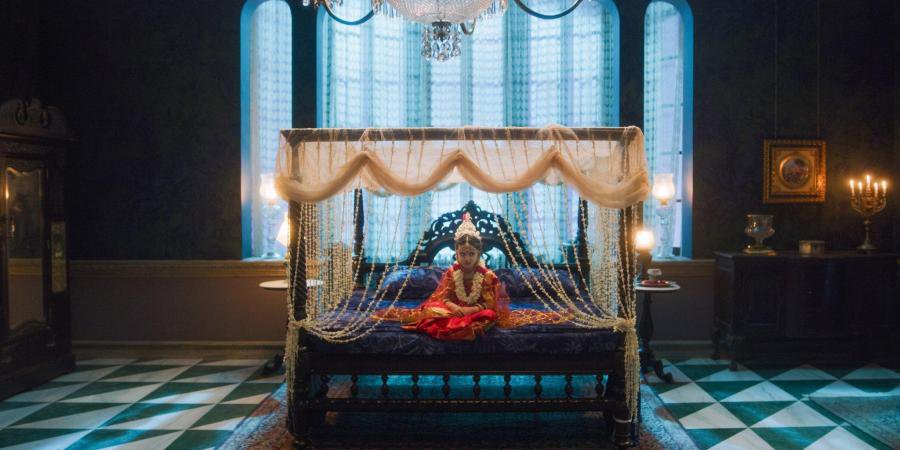
Apart from calling out the obvious evils of child marriage, domestic violence, etc., the movie also leaves you pondering the fact, that women can either be demons or devis, but not human in a patriarchal society. A woman is either entrapped or empowered by the misfortunes she encounters but never given a chance to simply be.
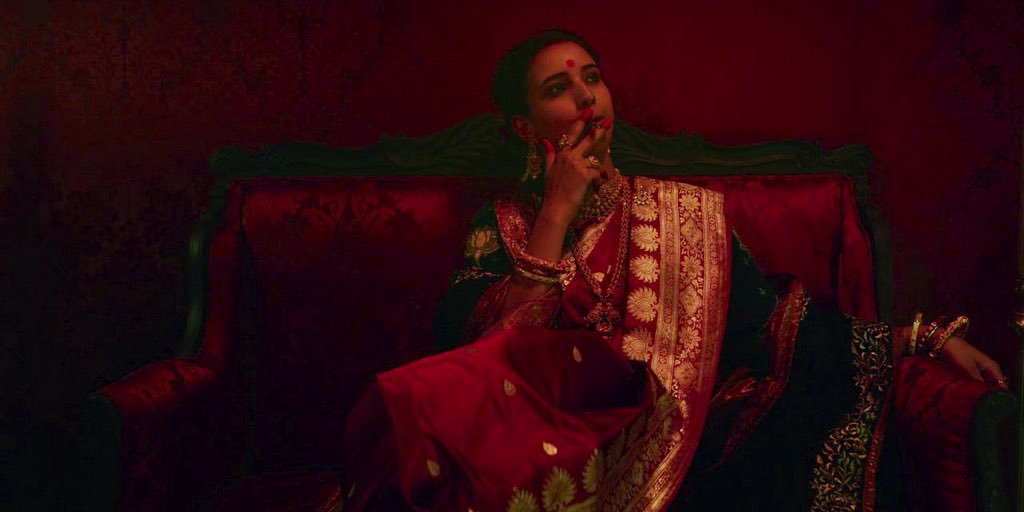
Bulbbul may not be a flawless story. But it’s a highly relevant one. And that alone should be reason enough to not miss this film.
All images are from Netflix, unless specified otherwise.

















